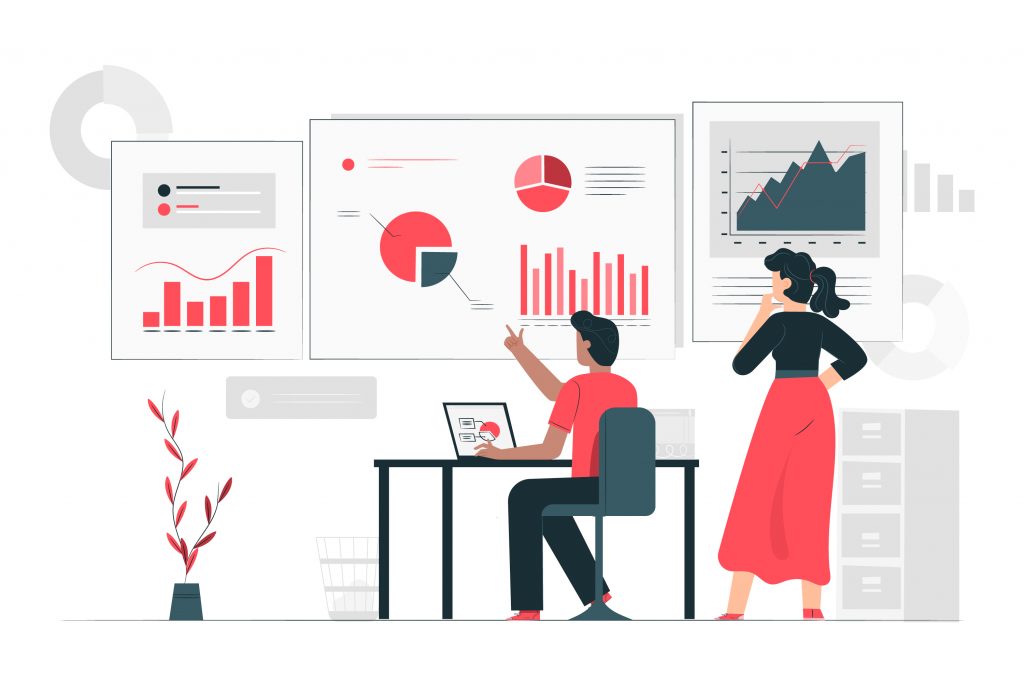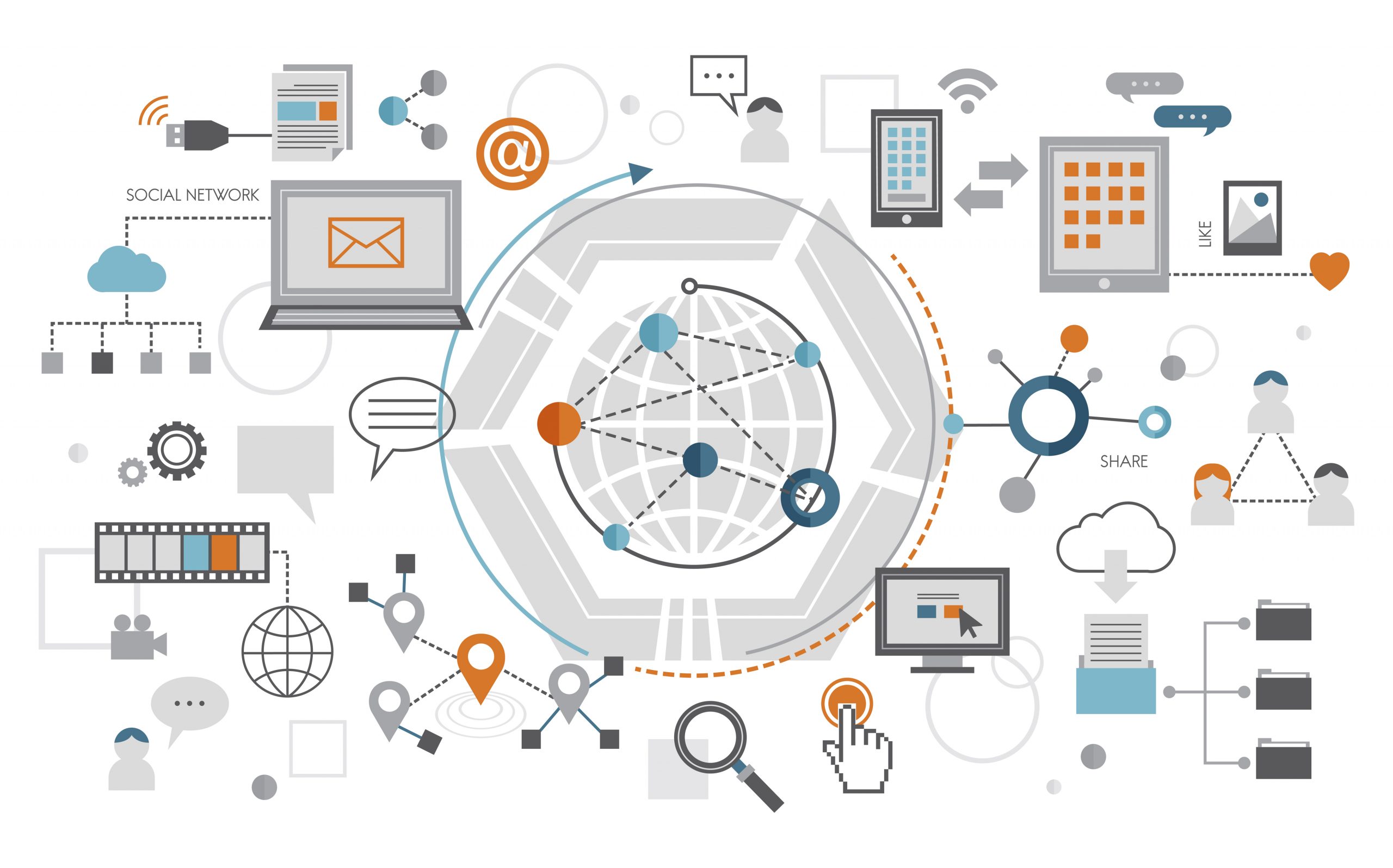In today’s information-rich world, data is more than just numbers—it’s the lifeblood of decision-making. Across industries from healthcare to finance, retail to technology, companies are increasingly relying on data analytics to drive strategy, optimize operations, and create innovative products. As a result, professionals with strong data analytics skills are in high demand. If you’re looking to future-proof your career and unlock new opportunities, developing your ability to analyze, interpret, and act on data is essential.
In this blog post, we’ll explore why data analytics skills are crucial in 2025 and beyond, which industries are leading the way in leveraging data, and how you can build and showcase these skills effectively. We’ll also show how tools like VioResume’s AI Resume Builder and Automatic Job Matching can help you craft a compelling resume that highlights your data analytics expertise and connects you with top job opportunities.
The Importance of Data Analytics in the Modern Job Market
Data analytics isn’t just a buzzword—it’s a transformative force that’s reshaping the job market. Companies of all sizes are turning to data to answer critical questions and make decisions that can significantly impact their bottom line. Here’s why data analytics is becoming indispensable:
- Informed Decision-Making:
Businesses use data analytics to track customer behavior, monitor market trends, and measure operational efficiency. This evidence-based decision-making leads to more precise strategies and better business outcomes. - Competitive Advantage:
Organizations that effectively harness data can identify opportunities faster than their competitors. Whether it’s refining marketing strategies or optimizing supply chains, data-driven companies are more agile and innovative. - Cost Efficiency:
By analyzing data, companies can uncover inefficiencies in their operations and reduce costs. For example, predictive analytics in manufacturing can help prevent equipment downtime, saving significant resources. - Innovation and Growth:
Data analytics drives innovation by revealing insights that spark new product ideas and business models. Industries that use data effectively are more likely to experience growth and remain relevant.
Industries Embracing Data Analytics
Data analytics is a cross-industry skill that’s becoming increasingly vital. Let’s take a closer look at a few key sectors that are leveraging data analytics to drive success:
Healthcare:
Healthcare organizations use data analytics to improve patient outcomes, optimize treatment protocols, and reduce costs. From analyzing patient records to predicting disease outbreaks, data analytics plays a critical role in modern medicine. Roles such as Healthcare Data Analysts and Biostatisticians are essential to translating complex medical data into actionable insights.
Finance:
The finance industry is inherently data-driven. Financial institutions utilize data analytics for risk assessment, fraud detection, and investment strategies. Data analysts in finance can drive significant value by forecasting market trends and informing strategic decisions.
Retail and E-Commerce:
Retailers and online businesses use data to understand consumer behavior, manage inventory, and tailor marketing campaigns. Data scientists help these companies personalize the shopping experience and drive revenue growth through targeted promotions and dynamic pricing strategies.
Technology:
Tech companies lead the charge in data analytics, using data to enhance product development, improve user experience, and drive innovation. Whether it’s through AI-powered recommendations or predictive maintenance, data analytics is at the heart of technological advancement.
Manufacturing and Supply Chain:
In manufacturing, data analytics optimizes production processes, improves quality control, and predicts maintenance needs. Supply chain managers rely on data to ensure timely delivery of products, reduce waste, and optimize logistics.
Essential Data Analytics Skills for the Future
To succeed in the data-driven economy, you need a blend of technical proficiency and analytical thinking. Here are some of the most in-demand skills:
Technical Skills:
- Programming: Proficiency in languages like Python, R, and SQL is critical for data manipulation and analysis.
- Statistical Analysis: Understanding statistical methods and their applications in real-world scenarios is essential.
- Data Visualization: Tools like Tableau, Power BI, and even Excel are vital for turning complex data sets into understandable insights.
- Machine Learning: A basic understanding of machine learning algorithms can set you apart, particularly in tech-driven industries.
Analytical Skills:
- Critical Thinking: The ability to interpret data and draw actionable insights is crucial.
- Problem Solving: Use data to identify problems and develop effective solutions.
- Attention to Detail: Accuracy is paramount when analyzing large data sets.
Soft Skills:
- Communication: You must be able to present data findings clearly to both technical and non-technical stakeholders.
- Collaboration: Data projects often require teamwork across different departments.
- Adaptability: As new data sources and technologies emerge, staying flexible is essential.
How to Develop Your Data Analytics Skills
The best way to thrive in data analytics is through continuous learning. Here are some strategies:
- Online Courses and Certifications:
Platforms like Coursera, edX, and Udemy offer courses in data science, statistical analysis, and machine learning. Consider certifications like Google Data Analytics Professional Certificate or IBM Data Science Professional Certificate to build credibility. - Bootcamps and Workshops:
Intensive bootcamps can provide hands-on training and rapid skill development. Look for programs that offer real-world projects and mentorship. - Practice on Real-World Data:
Use platforms like Kaggle to participate in data competitions and build a portfolio. Analyze public data sets and create your own dashboards to showcase your skills. - Join Professional Communities:
Engage with data analytics communities on LinkedIn, Reddit, or specialized forums. Networking with industry professionals can provide insights and job leads. - Read Widely:
Stay updated with industry blogs, whitepapers, and research articles. Continuous learning keeps your skills relevant and sharp.
How to Showcase Data Analytics Skills on Your Resume
Once you’ve developed your skills, it’s crucial to effectively showcase them on your resume. Here are some tips:
1. Create a Dedicated Skills Section:
List technical skills (Python, SQL, Tableau) and analytical skills (critical thinking, problem solving) prominently. Use bullet points for clarity.
2. Quantify Your Achievements:
Use numbers to demonstrate your impact. For example:
- “Increased sales by 20% through data-driven marketing strategies.”
- “Reduced production downtime by 15% with predictive maintenance models.”
3. Highlight Certifications and Projects:
Include a section for certifications and list any relevant courses or bootcamps you’ve completed. Mention projects you’ve worked on, especially those that resulted in tangible outcomes.
4. Tailor Your Resume for ATS:
Use industry-specific keywords that recruiters look for. VioResume’s AI Resume Builder is designed to help your resume pass through Applicant Tracking Systems by incorporating relevant keywords and formatting guidelines.
🔗 Build Your Data Analytics Resume with VioResume
Leveraging VioResume’s Services for Data Analytics Careers
In today’s competitive job market, having a professionally optimized resume can make all the difference. VioResume offers a suite of AI-powered tools that help you create a standout resume and match with high-quality job opportunities.
Key VioResume Features:
- AI Resume Builder:
Automatically generates an ATS-friendly resume that highlights your data analytics skills and certifications. The builder ensures your resume includes all the industry-specific keywords needed to get noticed. - Automatic Job Matching:
This feature connects you with job openings tailored to your skill set, saving time and increasing your chances of landing the right role in data analytics. - Video Resume Feature:
Add a personal touch by creating a short video introduction. This can showcase your communication skills and passion for data analytics, giving recruiters a more complete picture of who you are.
By using these tools, you can ensure that your resume not only meets the technical requirements of modern recruitment systems but also stands out to hiring managers looking for a data-savvy candidate.
🔗 Explore VioResume’s Tools and Start Building Your Resume Today
Data analytics is revolutionizing how companies make decisions, and professionals who master these skills will be at the forefront of this transformation. Whether you’re just starting out or looking to advance your career, developing your data analytics expertise can unlock a multitude of opportunities across industries.
By investing in continuous learning, earning relevant certifications, and showcasing your skills effectively on your resume, you can position yourself as an indispensable asset in today’s data-driven world. And with tools like VioResume’s AI Resume Builder, Automatic Job Matching, and Video Resume Feature, you’ll be well-equipped to stand out in the competitive job market and land the role you deserve.
💡 Ready to harness the power of data analytics in your career? Start building your professional, optimized resume with VioResume today and get matched with high-paying jobs that value your expertise.




